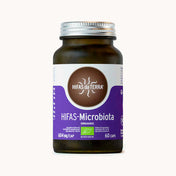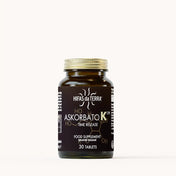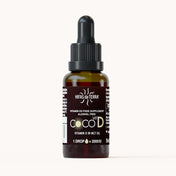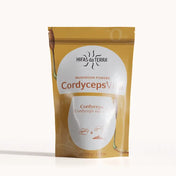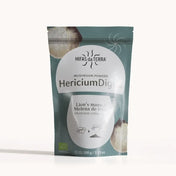- Bacteria present in the microbiota or intestinal flora could play a role in the development and progression of colorectal cancer
- Modulating the composition of the microbiota could also alter the inflammatory profile and have an impact on the development of the tumor
- Micromarker will conclude with a clinical trial that will be carried out in cancer patients with the collaboration of a hospital
Bacteria present in the microbiota or intestinal flora could play a role in the development and progression of colorectal cancer. Modulating its composition, the inflammatory profile could also be altered and impact on the development of the tumor
Why this R&D project
This Marco project, which will take place in the next four years, will have the collaboration of a university hospital in its final phase for the implementation of the First clinical trial in Spain made with compounds derived from fungi. Results will be obtained from this qualitative and quantitative of the microbiota of the large intestine, inflammation markers and Colorectal cancer progression. You can also observe the possible Modifications derived from complementation with prebiotic products developed with fungi. In this image we can see a detail of the biological processes carried out in the R&D department and the HDT microbiology laboratory for the cultivation of certain fungal species in bioreactors. / Hifas da Terra ®
In this image we can see a detail of the biological processes carried out in the R&D department and the HDT microbiology laboratory for the cultivation of certain fungal species in bioreactors. / Hifas da Terra ®Colorectal dysbiosis and cancer
Although certain genetic factors contribute to the appearance of colorectal cancer, The microbiota or intestinal flora seems to have an important role in its development and progression and in the quality of life of these patients. The dysbiosis or imbalance of microorganisms present in normal microbiota is a common feature in patients with colon and straight cancer, and the inflammation and its chronification are two of the most important mechanisms In relation to the disease. "Based on previous evidence, in this pioneering study in Spain the prebiotic and anti -inflammatory activity of medicinal fungi will be analyzed that have previously demonstrated these effects in other international clinical studies and in cell lines," explains Catalina Fernández de Ana, a biologist specializing in myotherapy and general director of Hifas da Terra. The thistle mushroom (Pleurotus eryngii) is one of the mycological species whose prebiotic action has been studied in multiple scientific articles. On these lines we see a snapshot of its ecological cultivation in Hifas da Terra. / Hifas da Terra ®
The thistle mushroom (Pleurotus eryngii) is one of the mycological species whose prebiotic action has been studied in multiple scientific articles. On these lines we see a snapshot of its ecological cultivation in Hifas da Terra. / Hifas da Terra ®Micromarker phases
The Micromarker project includes studies similar to those of the test in different models and the analysis of prebiotic and anti -inflammatory activity In vitro of products developed with fungi. Those products that present more prebiotic activity will be combined with strains of fungal probiotics provided by consortium companies to obtain conclusive results of this synergistic relationship. In the initial phases of the project, which will start in the coming months, new prebiotics will be developed from medicinal fungus strains of Galician origin, which will provide value data on its molecular composition, specifically on beta-glucans and proteins that make them up.This initiative has the support of the CDTI, the financing mediator of the General Administration of the State of the R&D.
 During the visit of the CDTI to Bora, headquarters of Hifas da Terra, the research team had the opportunity to explain the details of the R&D projects in oncology that are being carried out. / Hifas da Terra ®
During the visit of the CDTI to Bora, headquarters of Hifas da Terra, the research team had the opportunity to explain the details of the R&D projects in oncology that are being carried out. / Hifas da Terra ®Microbiota role in the appearance and tumor growth
The microbiota or intestinal flora is the set of bacteria that live, in a regular basis, in the intestine of human beings, maintaining a symbiotic relationship. Most of these bacteria are beneficial for the organism since they participate in numerous physiological processes such as the metabolism of some carbohydrates, the activation of the immune system, the regulation of the growth of intestinal cells and the synthesis of certain vitamins, such as K and B. Microbiota -derived lipopolysaccharides are involved in the appearance of different inflammatory and metabolic pathologies, so its effective modulation of it could be useful in a wide variety of patients, which would include from obesity to colorectal cancer."We have already studied the effect of fungi on the immune system, but this essay will assess its capacity in the modification of the intestinal microbiota and how fungal extracts act positively against certain markers such as, for example, inflammation," adds Catalina Fernández de Ana.



